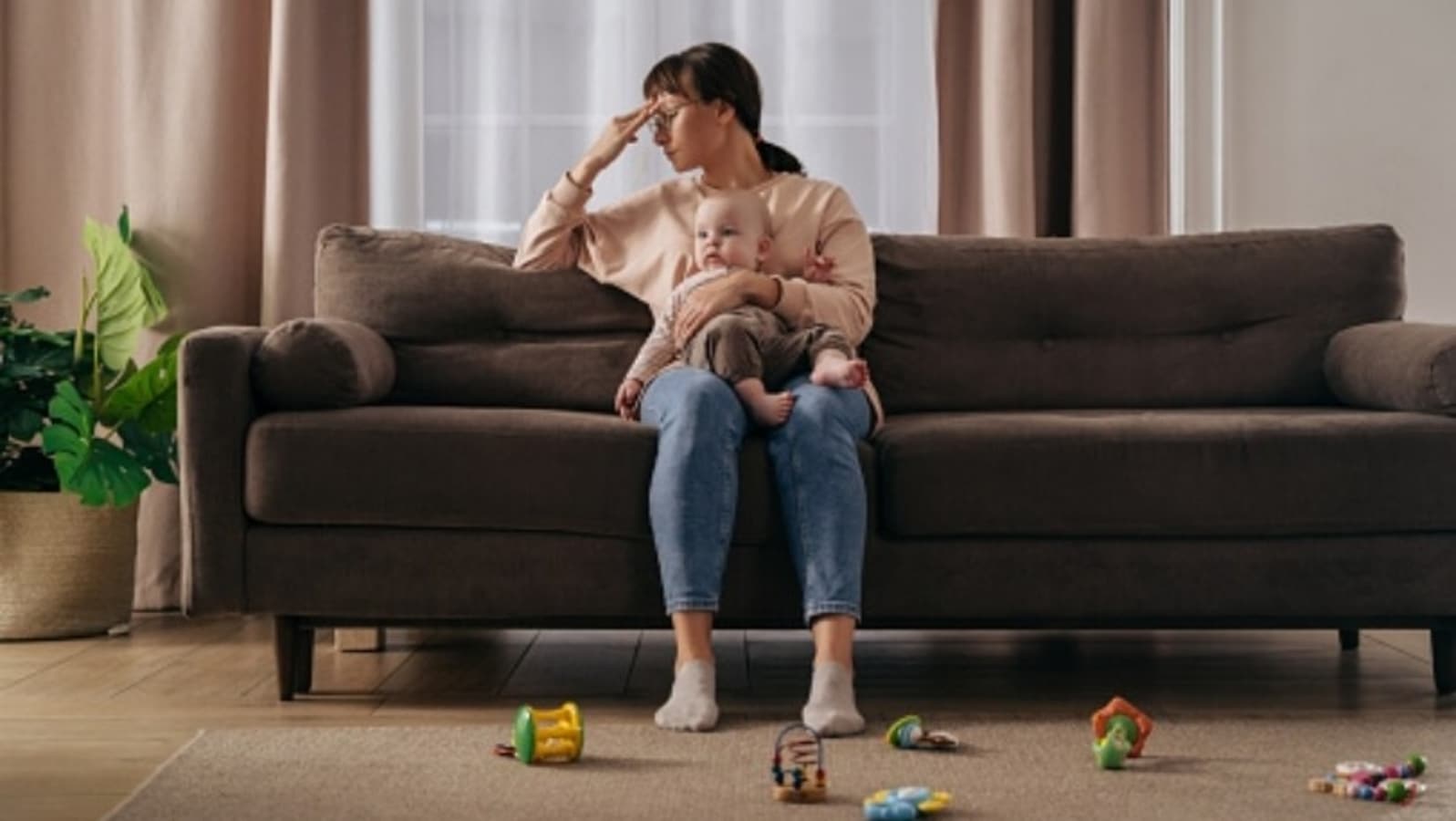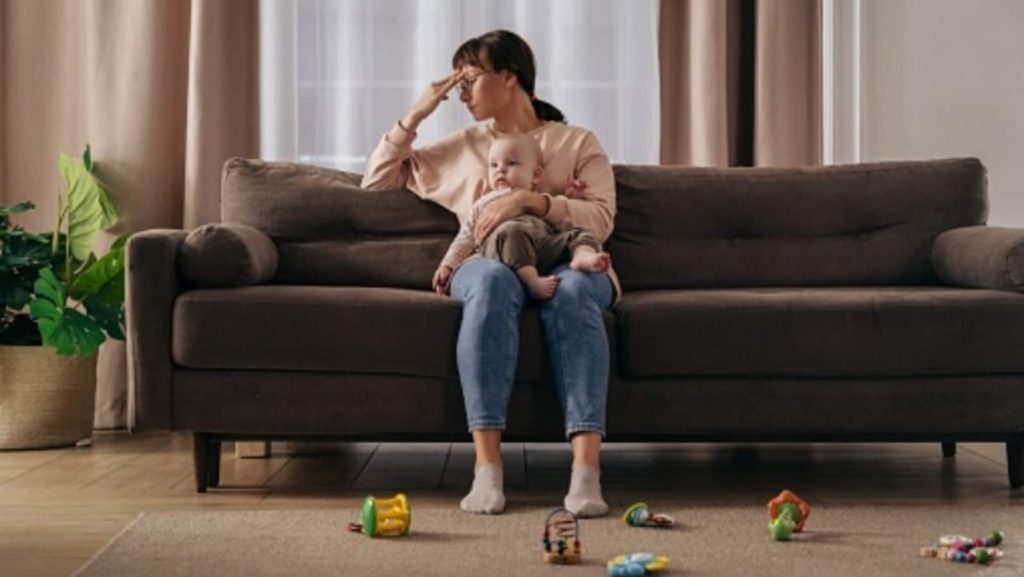
With uncertainty and stress becoming a part of our daily lives, we often feel the anxiety creeping in about future and work. This further leads to a continuous spiral of thoughts, which often we are not able to come out of. Speaking to HT Lifestyle, Dr. Syed Zafar Sultan Rizvi, Assistant Professor, Dept. Of Psychology, SLA, Noida International Institute of Medical Sciences said, “Anxiety is arguably an emotion that exists since the evolution of man. Its ubiquity in humans, and its presence in a range of anxiety disorders, makes it an important clinical focus. Many therapeutic innervations use in treatments of anxiety disorders e.g. Cognitive Behaviour Therapy (CBT), REBT, Client centered therapy etc.” He further noted down the types of anxiety disorders that are rampant in people.
ALSO READ: Psychologist on common habits of anxious people
Types:
Generalised Anxiety Disorder (GAD): In which an adults have consistent irrational worries related to safety , finance, relationships, job etc . These may increase due to exposure of other stressful events.
Obsessive-Compulsive Disorder (OCD): In which an adult has unnecessary thoughts that make them feel compelled to perform repetitive actions, habits or specific patterns related with objects.
Panic disorder: In which there are instant and sudden response of fear and anxiety after exposure of specific stimulus.
Social Anxiety Disorder: This comprises overwhelming worries related with his/her appearance and self-consciousness.
Speaking of Separation Anxiety Disorder, Dr Shambhavi Jaiman, Consultant Psychiatrist, Department of mental health and behavioural sciences, Fortis Memorial Research Institute, Gurugram said, “Adults with separation anxiety have extreme fear that bad things will happen to important people in their lives, such as family members. The lifetime prevalence of social anxiety disorder in adults ranges from 3-13%. It is seen more commonly in females in comparison to males.”
Symptoms of Separation Anxiety Disorder:
This comprises of marked fear or anxiety in social situations which can include psychological or physical symptoms such as headache, palpitations, cold and clammy hands and feet. It also involves fear of being negatively evaluated, humiliated, embarrassed, rejected, further leading to avoidance of social situations.
Treatment:
There are a range of ways to cope up with social anxiety disorder. Most important way is by modifying lifestyle in terms of adequate physical exercise, adequate sleep and nutritious diet. Another way is through medications, psychotherapy, or a combination of both. “Separation anxiety disorder is usually treated with psychotherapy along with medication. Psychotherapy, called as talk therapy or psychological counselling, involves counselling with a therapist to reduce separation anxiety symptoms,” said Dr Shambhavi Jaiman.

